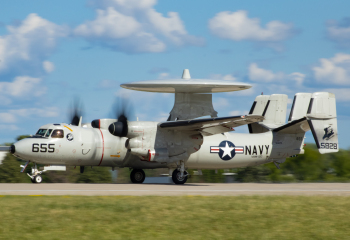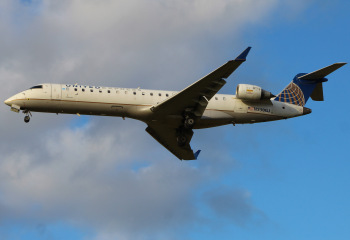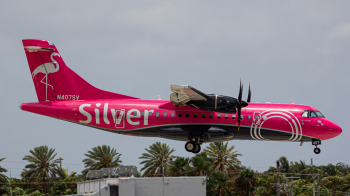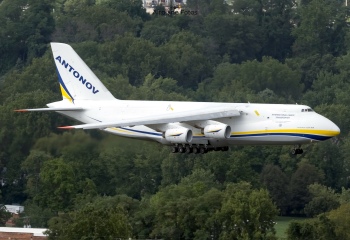The history of TAB Cargo dates back to 1977, when the airline was founded by a group of airfreight entrepreneurs from the United States and Europe. At the time, the air cargo business was still relatively small and TAB Cargo was one of only a few airlines dedicated to exclusively transporting freight.
Initially, TAB Cargo operated a fleet of small aircraft, including a fleet of Cessna 310 aircraft, which were used to transport small packages and documents. In the 1980s, TAB Cargo began to expand its fleet and acquired several larger aircraft such as the Boeing 727 and the McDonnell Douglas DC-10. The larger planes allowed the airline to transport larger shipments and to offer more services to its customers.
In the 1990s, TAB Cargo saw a period of rapid growth. The airline began to expand its international reach, opening offices in the United Kingdom, the Netherlands, and other parts of Europe. It also began to expand its fleet, adding additional Boeing 727s, McDonnell Douglas DC-10s, and Airbus A300s. In addition to its passenger aircraft, TAB Cargo also began to develop a freight fleet, which included the Airbus A300F and the Boeing 747F.
In 2005, TAB Cargo underwent a major restructuring of its operations, which included the launch of an online booking system, the launch of a new website, and the implementation of a new cargo management system. These changes allowed the airline to become more efficient and better able to meet the needs of its customers.
In 2009, TAB Cargo was acquired by Atlas Air Worldwide, a global airfreight services provider. This acquisition allowed the airline to expand its reach even further, as Atlas Air Worldwide had operations in over 120 countries across the globe.
Throughout its history, TAB Cargo has been involved in a number of significant milestones. In 1981, the airline was the first to introduce a computerized cargo management system, which allowed for a more efficient way of tracking shipments. In 1984, TAB Cargo became the first carrier to transport live animals on an aircraft. In 1992, the airline was the first to launch an online booking system for its customers. In 2004, TAB Cargo became the first airline to offer a web-based tracking system for shipments. Finally, in 2011, TAB Cargo was the first airline to introduce a carbon offset program, which allowed customers to offset the carbon emissions of their cargo shipments.
Unfortunately, TAB Cargo has also been involved in some negative incidents throughout its history. In 1999, a TAB Cargo plane crashed in the Atlantic Ocean off the coast of North Carolina, killing three people onboard. An investigation into the crash revealed that a design flaw in the aircraft was to blame. In 2006, the airline was involved in a federal investigation into a bribery scandal involving the shipment of illegal drugs. The airline was cleared of any wrongdoing, but the incident resulted in the resignation of several of its executives.





Comments